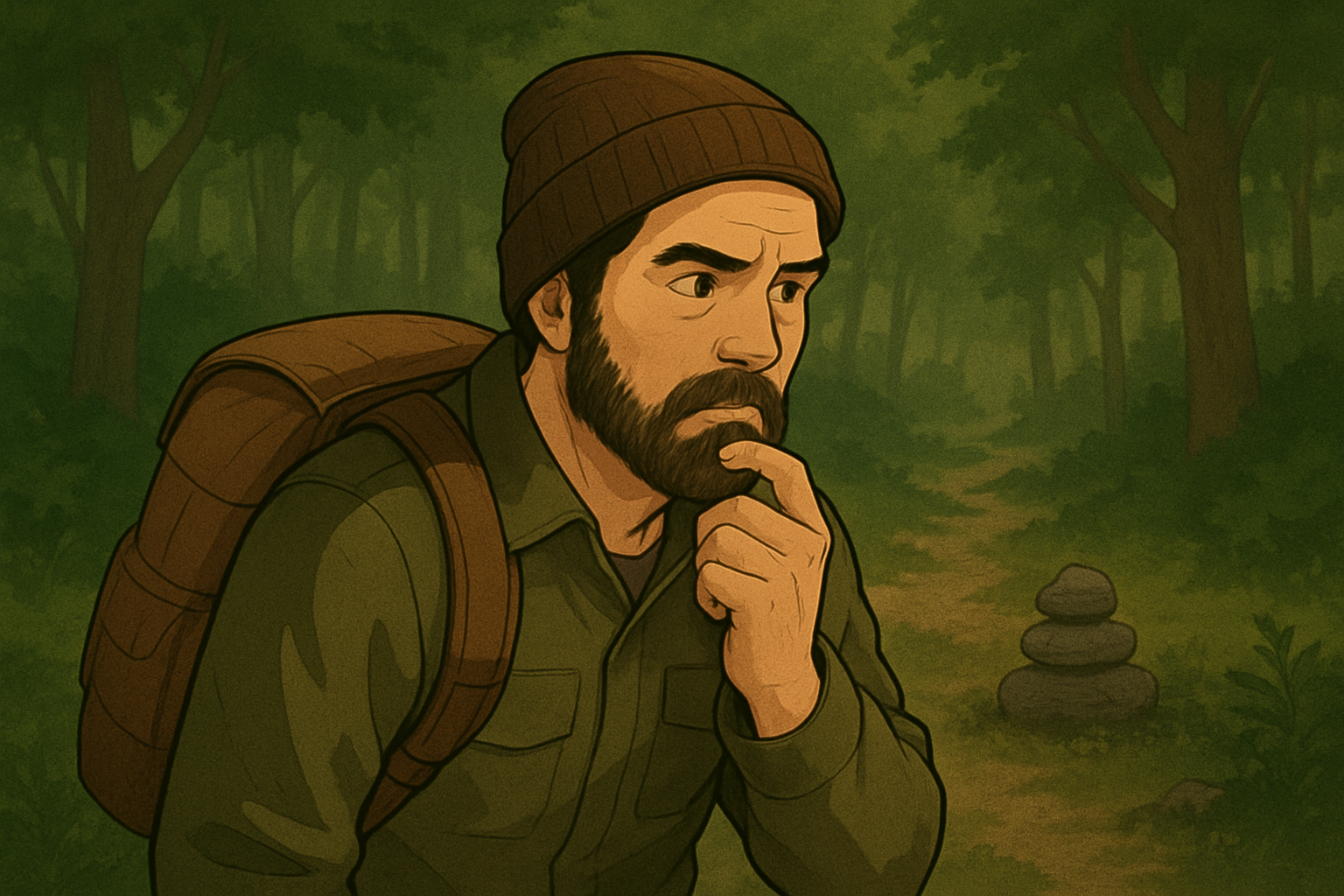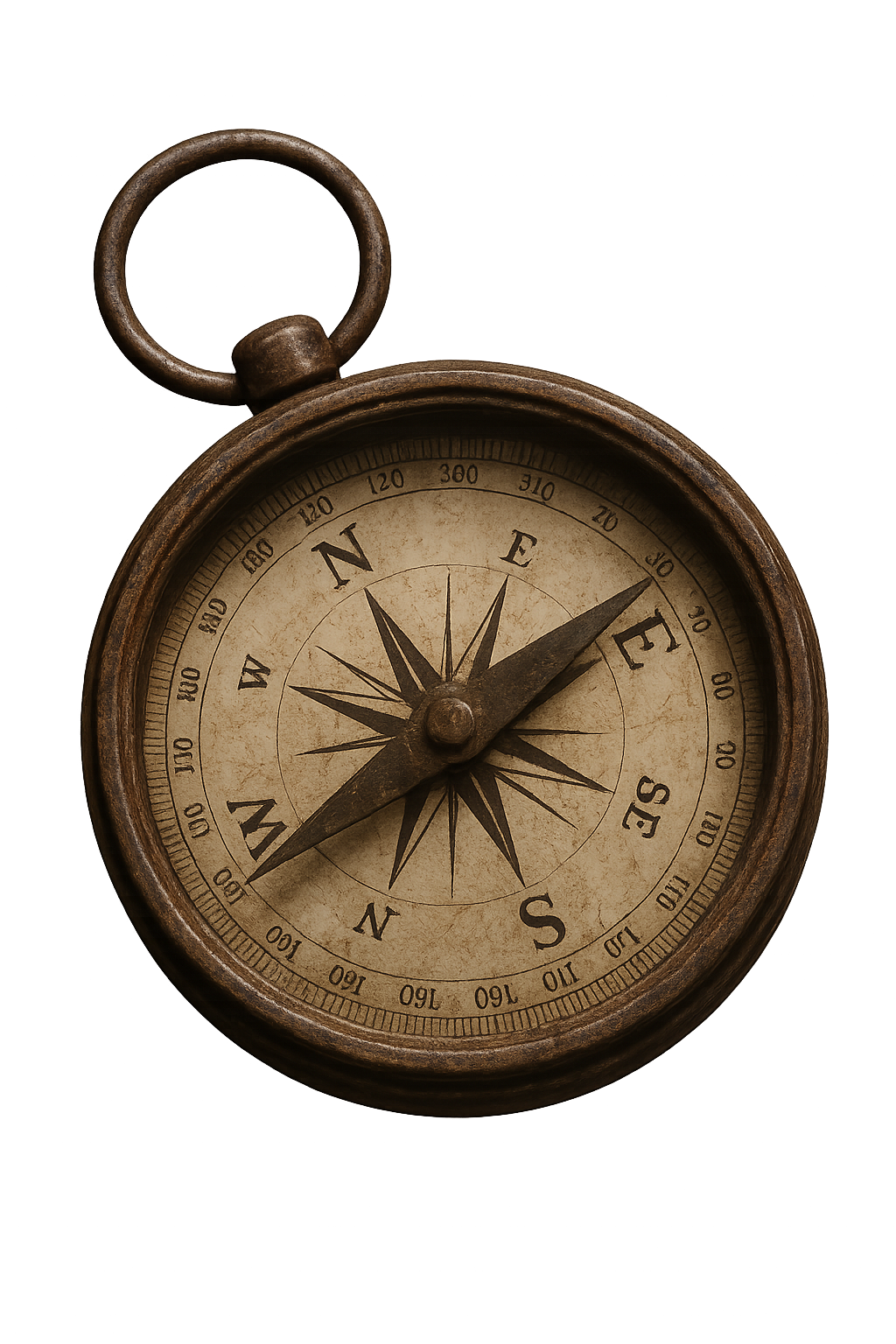When you realize you’re lost in the wilderness, your heart races, your breathing quickens, and panic starts to creep in. But here’s the truth — the first hour after you get lost is the most critical. What you do (or don’t do) in those first sixty minutes will determine whether your story becomes one of survival or tragedy.
🌿 Step 1: Stop and Breathe
It’s easy to panic when the trail disappears and every direction looks the same. But panic clouds your judgment.
Take a moment to stop, close your eyes, and take slow, deep breaths. Focus on calming your heartbeat. You are not helpless — you are simply temporarily misplaced.
Once your mind is clear, you can start to think logically. Remember this simple rule used by survivalists:
S.T.O.P — Stop, Think, Observe, Plan.
🧠 Step 2: Assess Your Situation
Look around and take mental notes:
-
Where are you right now? Are there landmarks, rivers, or trails nearby?
-
How much daylight is left?
-
What’s the weather like?
-
What do you have in your backpack — food, water, lighter, map, knife, or phone battery?
This quick assessment helps you take control of your environment instead of being controlled by fear.
☀️ Step 3: Use Nature to Orient Yourself
Even without a compass, nature gives you clues:
-
The sun rises in the east and sets in the west.
-
Moss often grows on the shaded (northern) side of trees.
-
Wind direction can reveal open spaces or water sources.
Mark your spot with a symbol — a pile of rocks, a broken branch, or even a shoe print in the dirt. If you decide to move later, these small signs can help rescuers trace your path.
🔦 Step 4: Make a Decision — Stay or Move
If you’re in an area where rescuers are likely to search (like a known trail), stay put.
Build a small shelter, make yourself visible, and save energy.
If you’re in a place no one knows you went, move carefully and leave clear signs behind (arrows made of stones or sticks pointing your direction).
Never rush — exhaustion and confusion are the enemies of survival.
💬 Step 5: Keep a Survival Mindset
Your biggest weapon isn’t a knife, fire, or GPS — it’s your mind.
Remind yourself that people survive being lost in the wild every day.
Talk to yourself out loud if you must.
Visualize being found.
These mental tricks can keep your spirit strong and your decisions smart.
🌄 Final Thought
The wilderness isn’t your enemy — it’s neutral. It doesn’t want you to die or survive; it simply exists.
Your calmness, awareness, and preparation turn that neutral space into your ally.
Remember: you have time, you have control, and you have the skills to endure.

